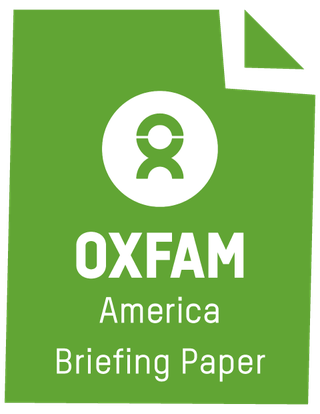
Accountability and ownership: The role of aid in a post-2015 world
Despite substantial development progress globally since 1996, hundreds of millions of people still live in extreme poverty.
In September 2015, world leaders adopted the Sustainable Development Goals—an ambitious new agenda to eliminate poverty by 2030 and tackle key challenges around inequality, hunger, and climate change. But what is the role of public development finance (aid) in a post-2015 world? Achieving the SDGs requires the international community to adopt a new vision for aid. In this vision, aid enables countries to be owners of the development process and supports the citizen-state compact by actively breaking down barriers to participation, decision-making and accountability. More aid, as well as more effective aid, can support people to fight inequality and become active citizens, while also supporting effective and accountable governments to plot their own path to achieving the SDGs.
